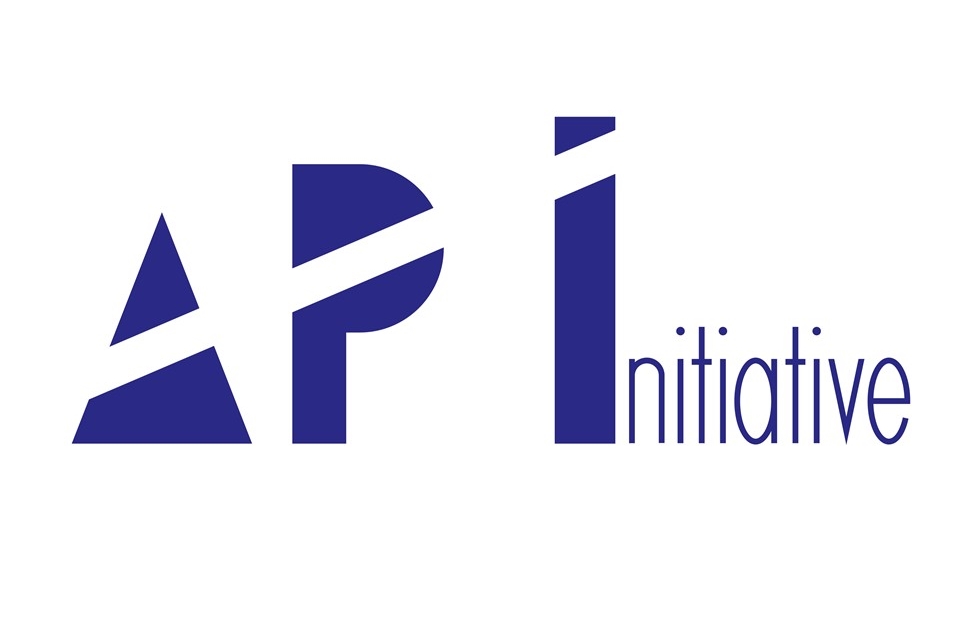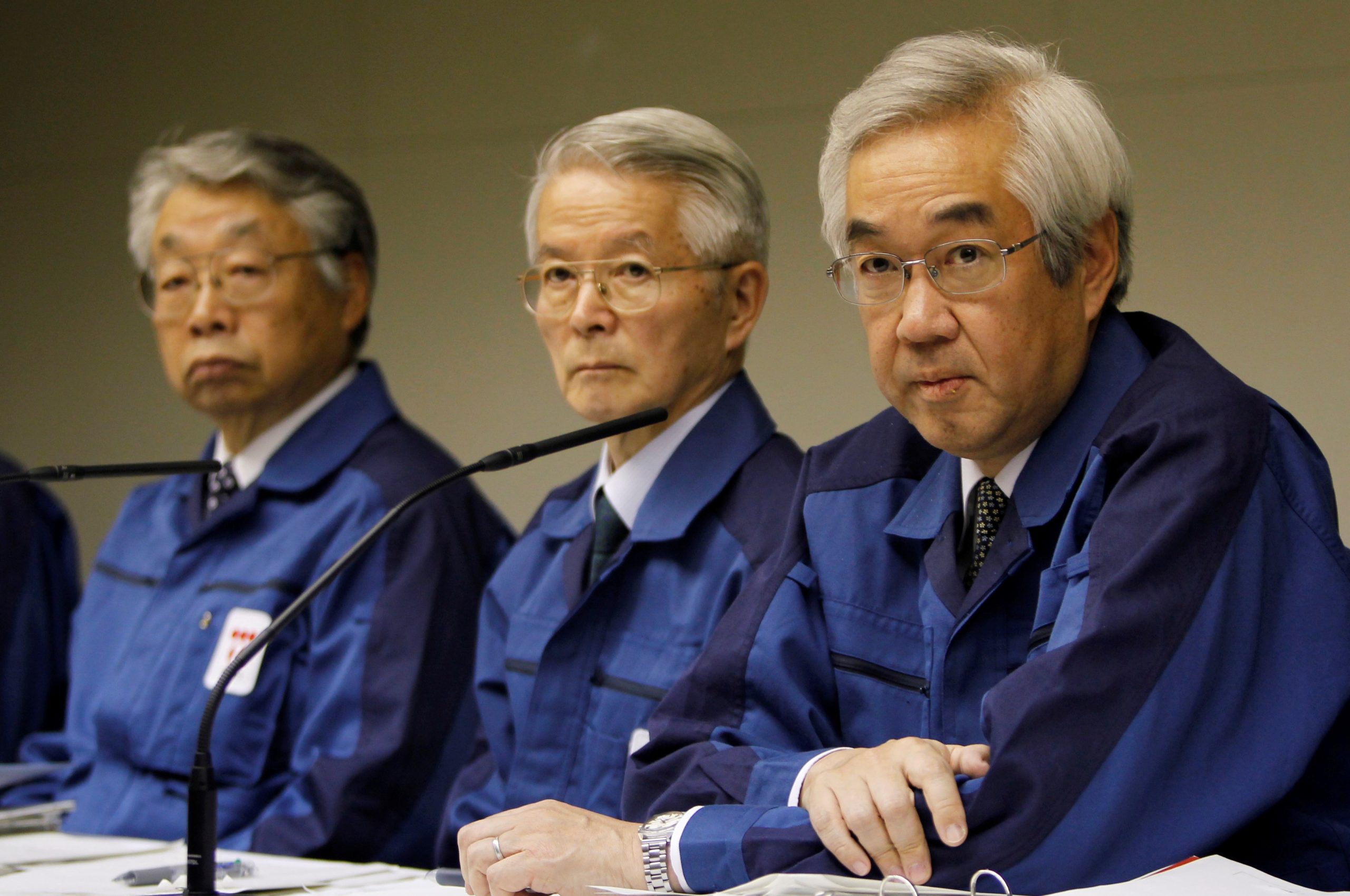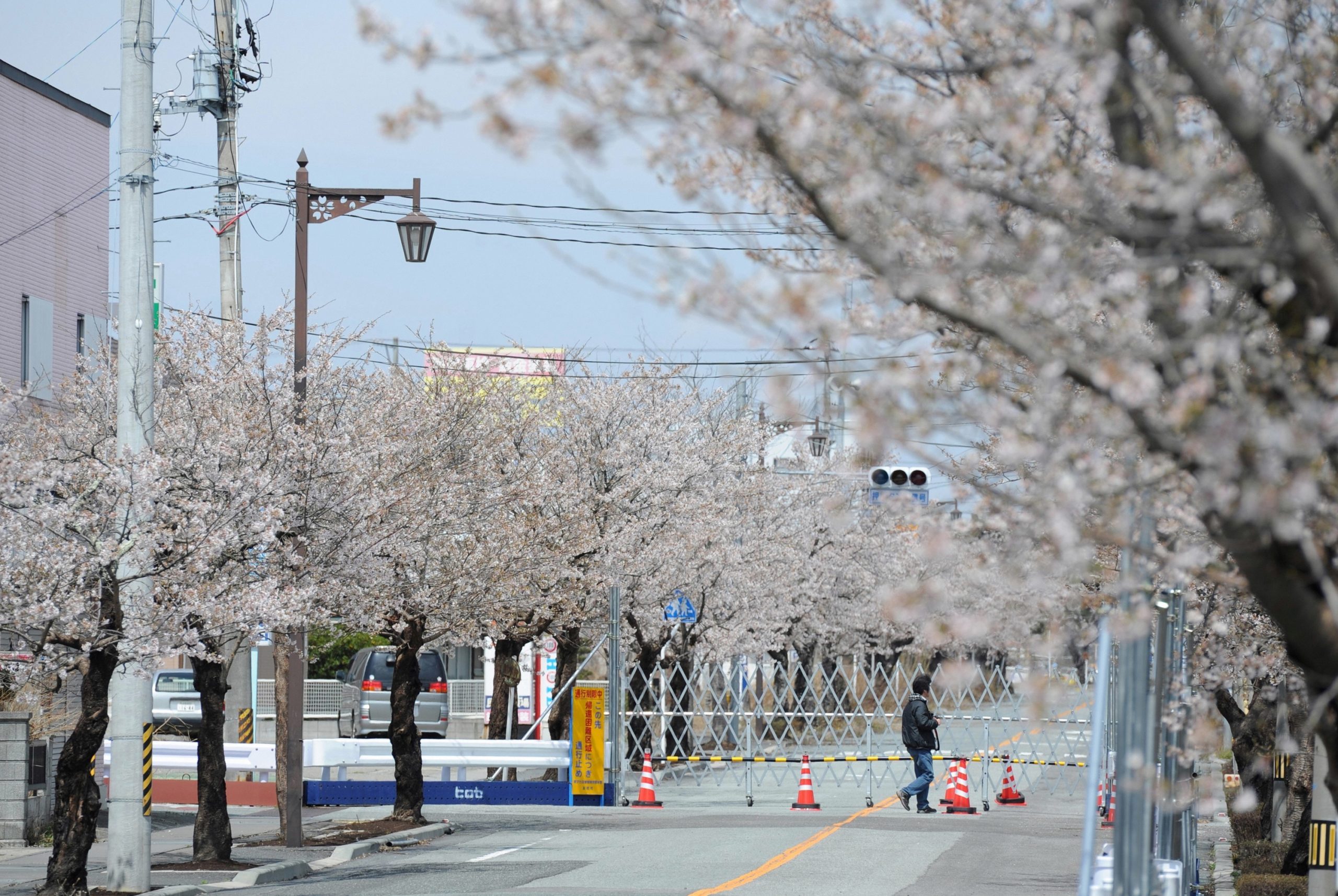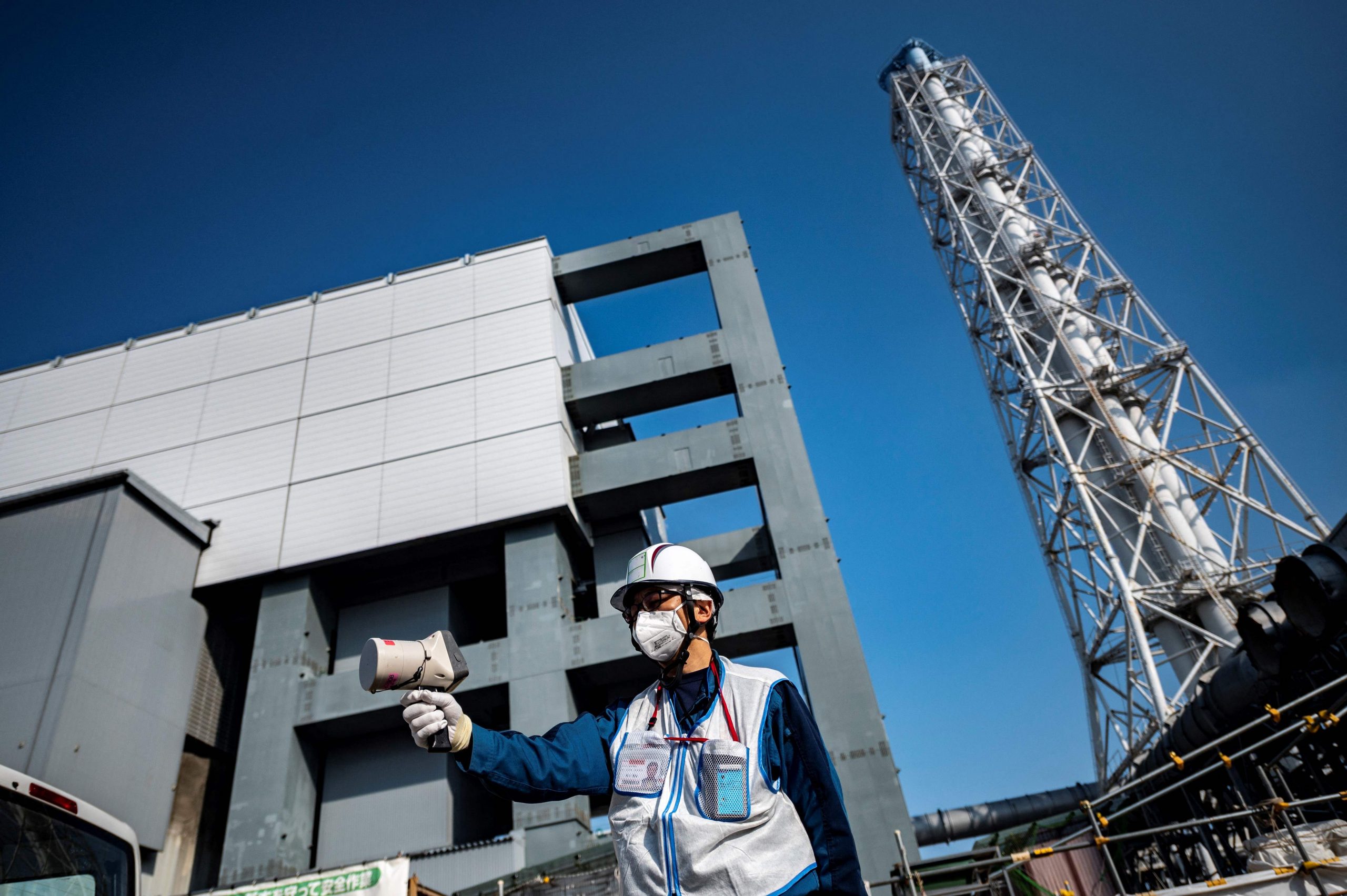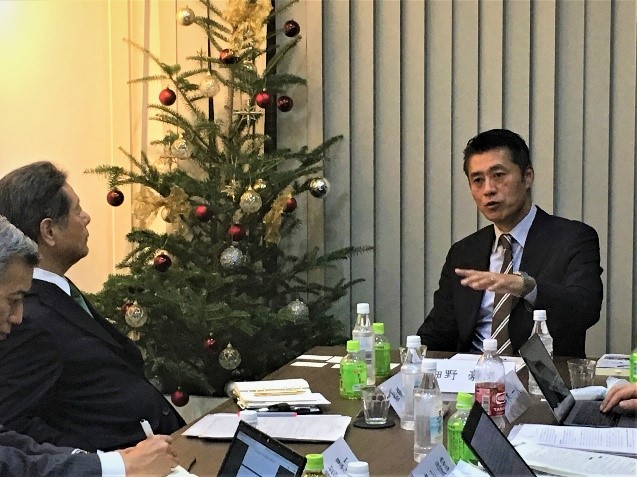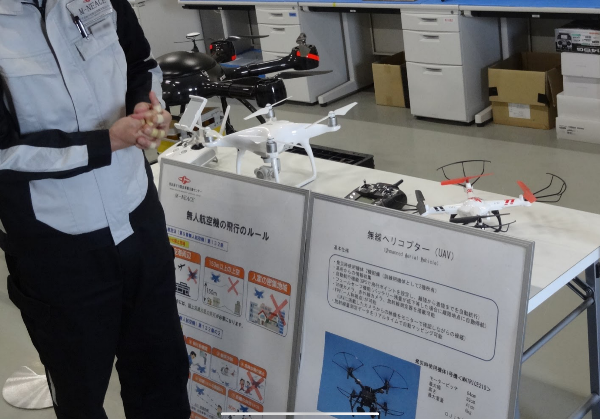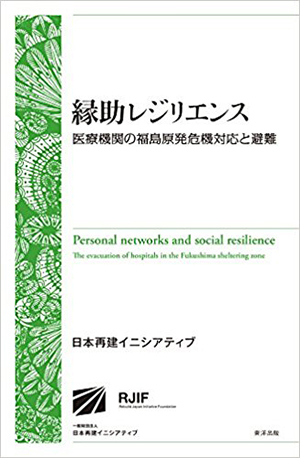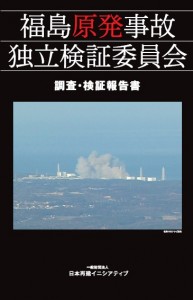
Project Outline
In March 2021, Japan reached the 10-year anniversary of the Fukushima nuclear accident. During this last decade, what has Japan learned from this unprecedented disaster in Japan’s post-war history? How has the “shape of the nation” changed for Japan itself? In inheriting the philosophy of the 2011 Independent Investigation Commission on the Fukushima Nuclear Accident, Asia Pacific Initiative (API) launched the “10-year Investigation Commission on the Fukushima Nuclear Accident (Second Independent Investigation Commission)” in June 2019, and published the results of the investigation in February 2021 (in Japanese first).
In an attempt to identify what the Japanese government and society have learned (or have not learned) in the last 10 years, the commission conducted a number of interviews with experts and practitioners in respective fields. The investigation covered issues that were suggested by various investigation committees, including the national diet, the government, and independent committees. These issues included: the government’s nuclear safety policy and nuclear disaster prevention, governance of power companies such as TEPCO, crisis management of the Cabinet secretariat office, communications risk management in the event of rumors or false information spreading, and cooperation with Japan’s Self Defense Forces, local police and fire departments. The investigation also examined the issues that have emerged over time, such as the decommissioning of nuclear power plants and reconstruction of the local community.
With the emergence of the COVID-19 pandemic from 2020, we have again seen an urgency to improve crisis management on both local and national levels. This is relevant not only to Japan but also worldwide as nations need to reconsider ways of governance and public policies amid national crises. API believes that it is our duty as an institution to thoroughly investigate the lessons learned from past major events and share these lessons to Japan and the rest of the world.
Project Approach
In this project, the investigation committee co-authored and published a report on the lessons learned and challenges faced in the 10-years after the Fukushima Nuclear Disaster.These challenges have been organized into seven different themes. The project was chaired by SUZUKI Kazuto, Professor of Tokyo University Graduate School of Public Policy and edited by API Chairman, FUNABASHI Yoichi.
- Nuclear safety regulations: KUGO Akihide
- TEPCO and politics: OKUYAMA Toshihiro
- The crises management of the Cabinet office: CHIJIWA Yasuaki
- Risks and communication: SEKIYA Naoya
- The logistics of nuclear disaster response: KOBAYASHI Yuki
- First responders: ISOBE Koichi
- Reconstruction: KAINUMA Hiroshi
(Profiles of authors can be found below)
Report
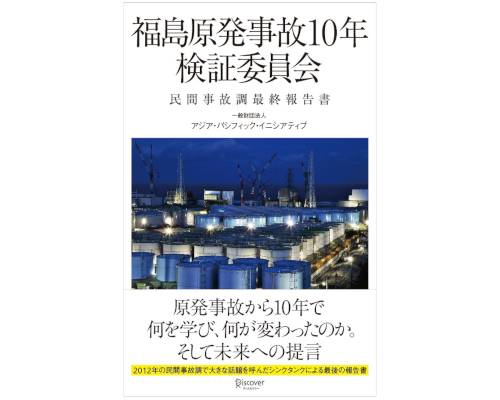 “10-year Investigation Commission on the Fukushima Nuclear Accident: Final Report by Investigation Commission on the Fukushima Nuclear Accident” was published in Japanese by Discover 21 on February 19, 2021.
“10-year Investigation Commission on the Fukushima Nuclear Accident: Final Report by Investigation Commission on the Fukushima Nuclear Accident” was published in Japanese by Discover 21 on February 19, 2021.
On 1 April 2022, API published the English version of the Commission Report and made it available online.
Please click here to download all in PDF file.
Please click the links below to download each chapter in PDF file.
Foreward
Introduction
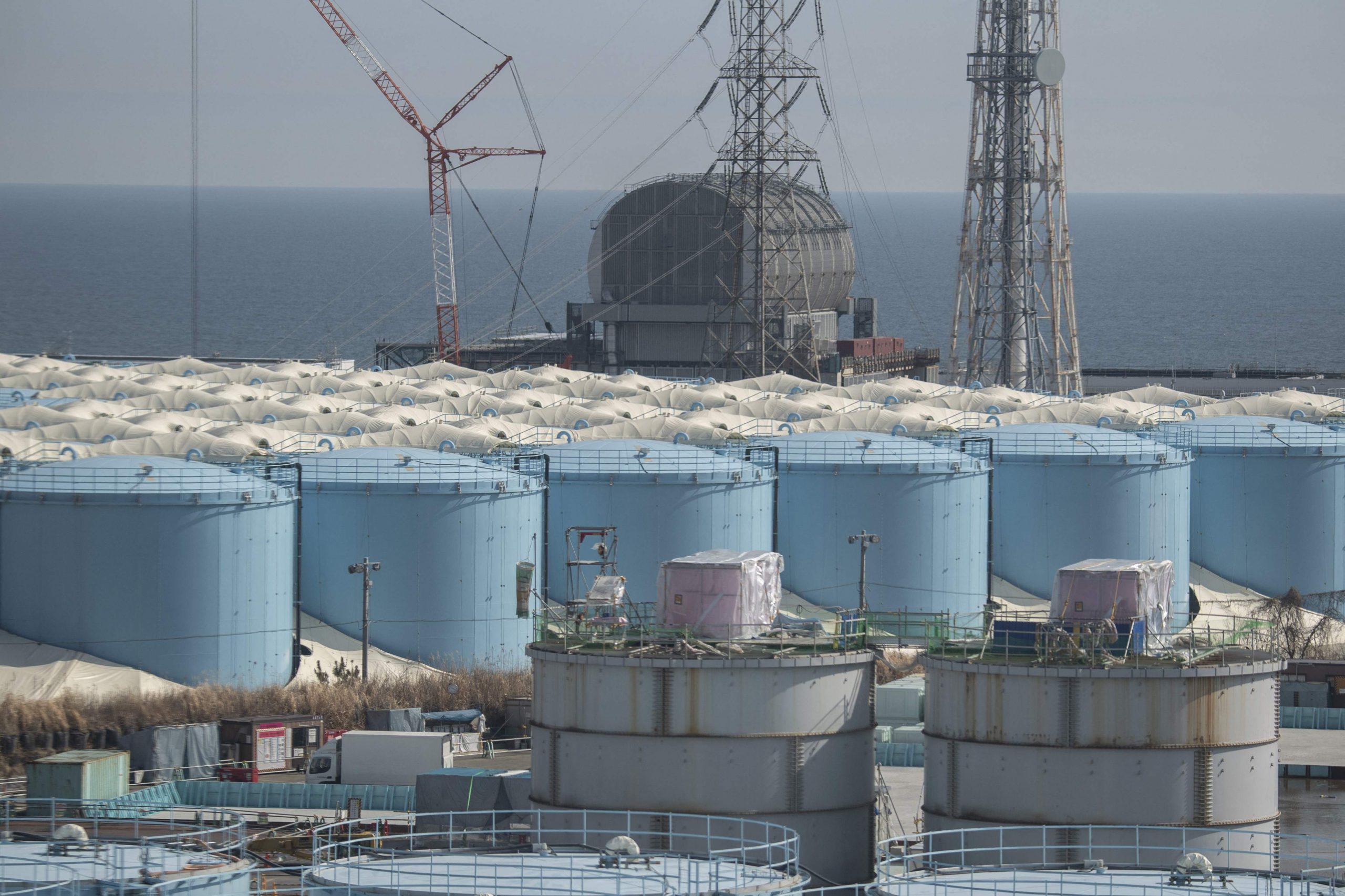 Introduction
Introduction
Issues for the Second Private Accident InvestigationIndependent Accident Investigation: Do not brook the “normal pattern”
Chapters
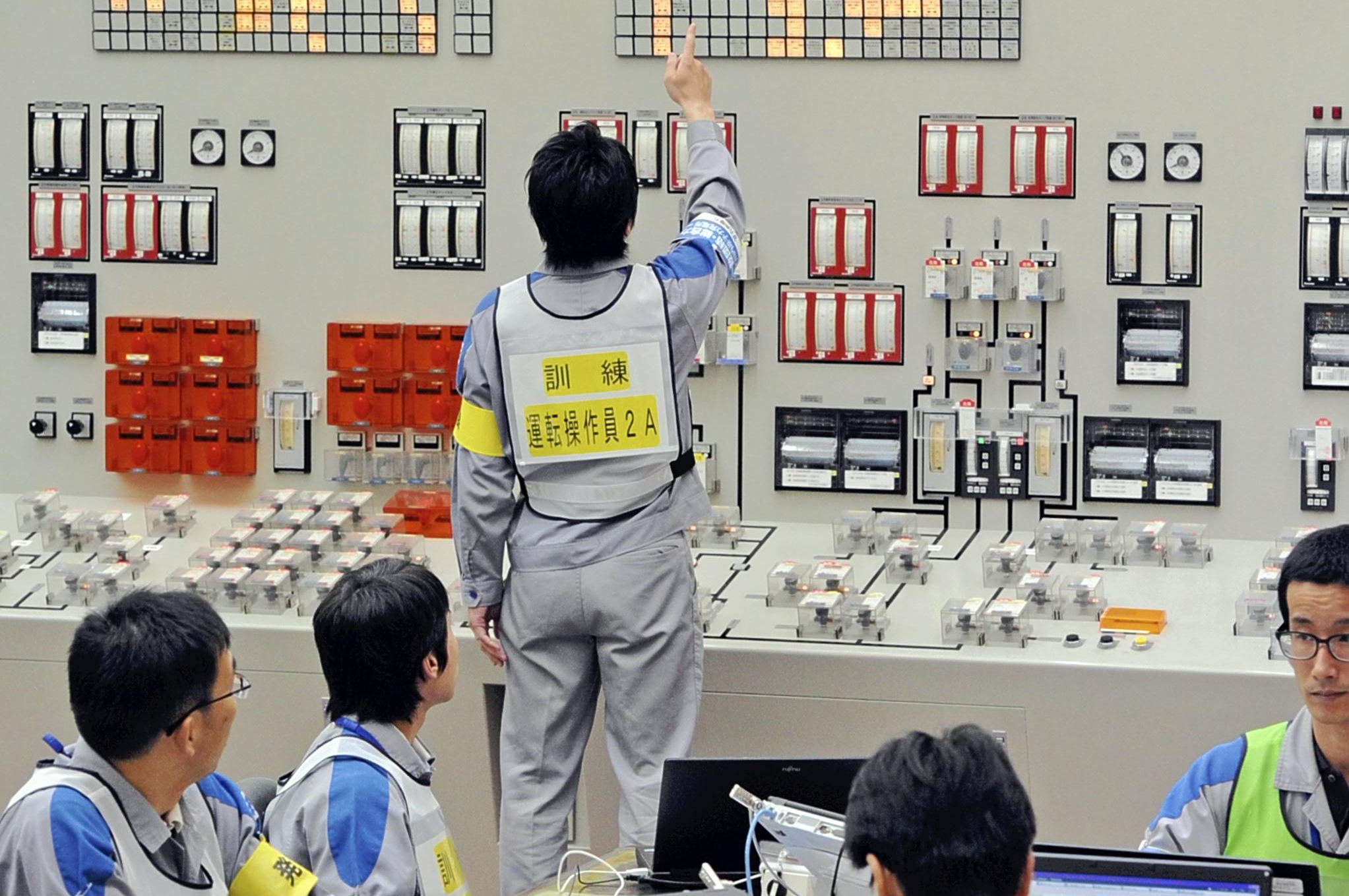 Chapter 1
Chapter 1
Safety Regulations: An Approach to Uncertainty
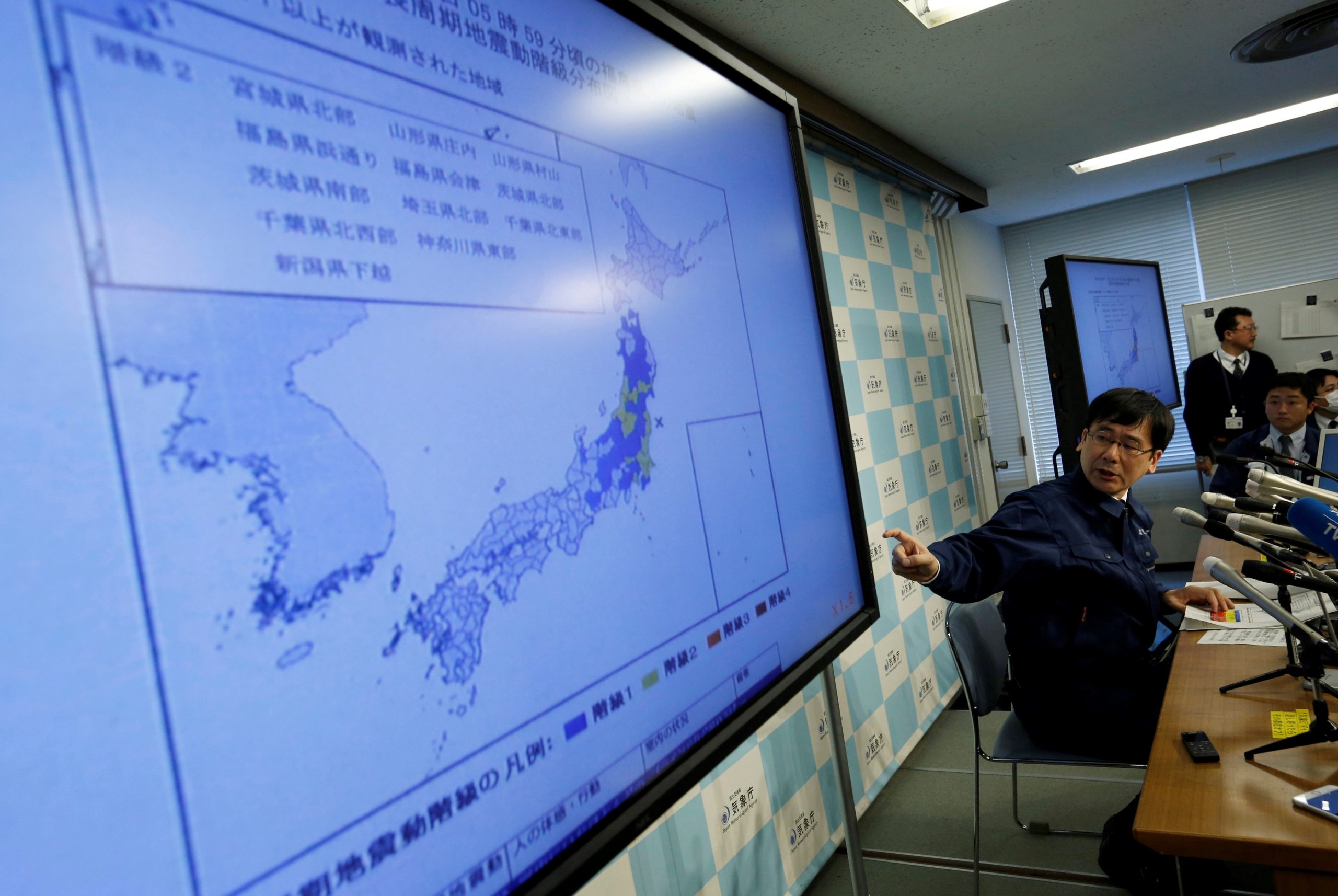 Chapter 3
Chapter 3
Risk Communication for Radiation Hazards
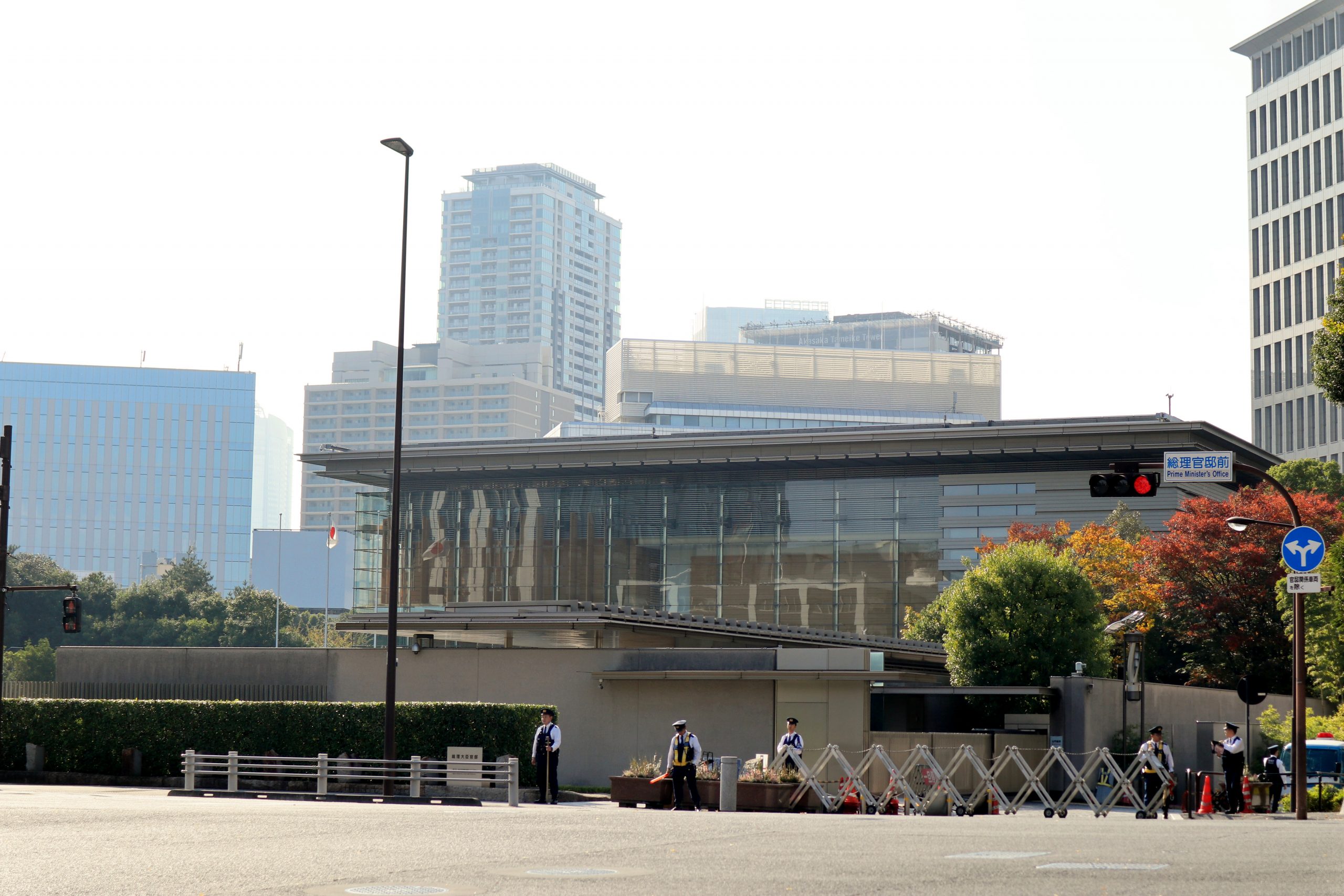 Chapter 4
Chapter 4
The Crisis Management System in the Kantei
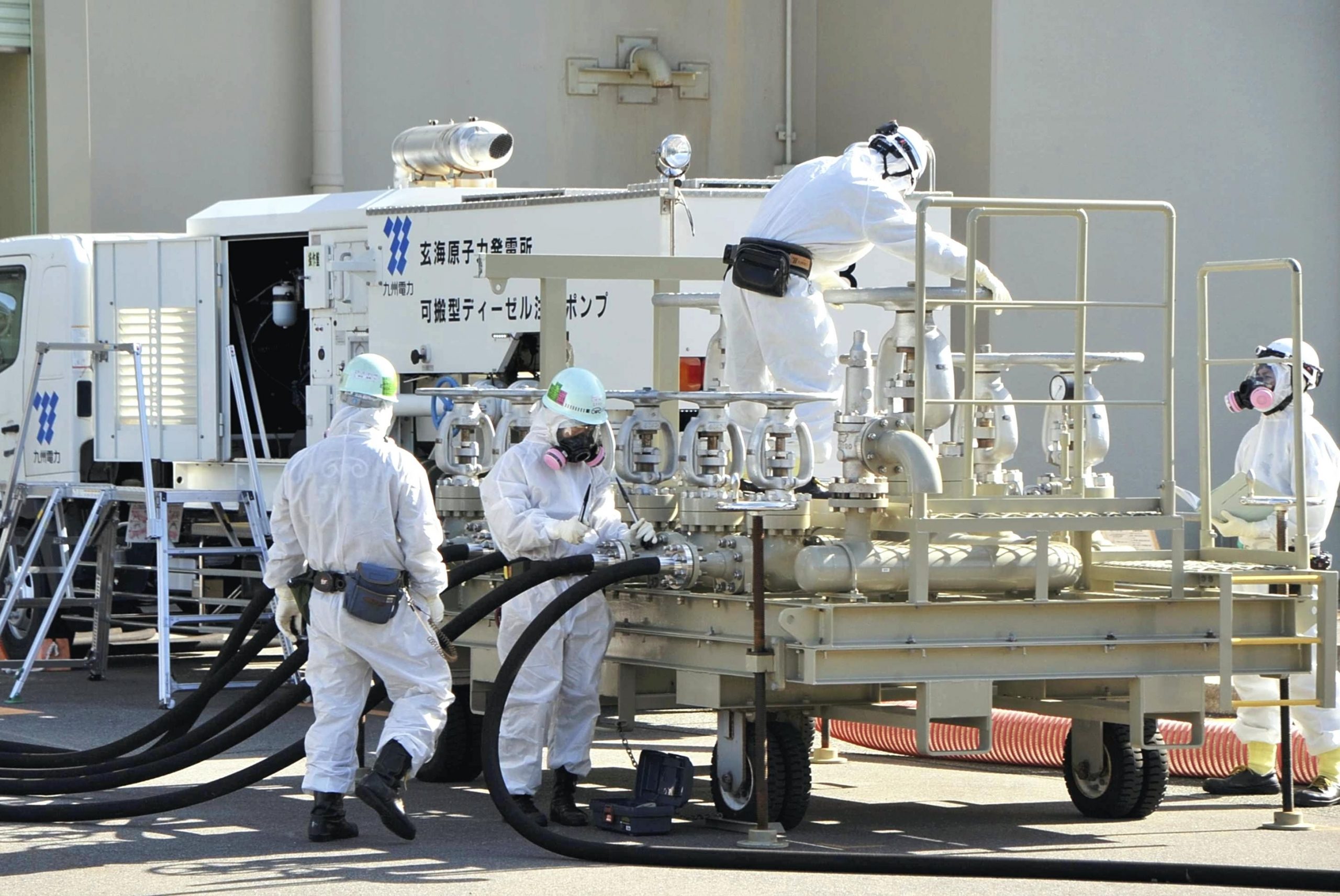 Chapter 5
Chapter 5
The Logistics of Responding to a Nuclear Emergency
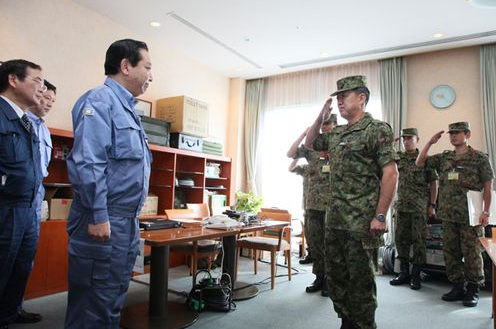 Chapter 6
Chapter 6
First Responders and U.S. Military Support Responders
Conclusion
Acknowledgments
Photo Credit: AFP / Aflo (Introduction, Concluding Chapter), Yomiuri Shimbun / Aflo (Chapter 1, Chapter 5), Reuters / Aflo (Chapter2, Chapter 3), Mainichi Shimbun (Chapter 7), Shutterstock (Chapter 4), Prime Minister’s Office (Chapter 6)
Interviews
Shunichi Tanaka
Interview with the Chairman of the Nuclear Regulation Authority
George Apostolakis
Interview with former member of the U.S. Nuclear Regulatory Commission
Goshi Hosono
Interview with former Minister of the Environment
Visit to Mihama Nuclear Emergency Assistance Center
Project Members (Titles at time of project)

SUZUKI Kazuto
Professor, Graduate School of Public Policy, The University of Tokyo
SUZUKI Kazuto is Professor of Science and Technology Policy at the Graduate School of Public Policy at the University of Tokyo, Japan. He graduated from the Department of International Relations, Ritsumeikan University, and received his Ph.D. from Sussex European Institute, University of Sussex, England. He has worked for the Fondation pour la recherche stratégique in Paris, France as an assistant researcher, as an Associate Professor at the University of Tsukuba from 2000 to 2008, and served as Professor of International Politics at Hokkaido University until 2020. He also spent one year at the School of Public and International Affairs at Princeton University from 2012 to 2013 as a visiting researcher. He served as an expert in the Panel of Experts for Iranian Sanction Committee under the United Nations Security Council from 2013 to July 2015. He has been the President of the Japan Association of International Security and Trade.
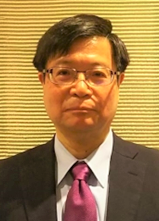
KUGO Akihide
Senior Research Advisor, Mitsubishi Research Institute,Inc.
Akihide Kugo graduated from Faculty of Mechanical Engineering at the University of Tokyo and postgraduate school of International Studies at York St. John College, the University of Leeds. He received a doctoral degree in Energy Science from Kyoto University. His doctoral research was “Risk Communication for High level Radioactive Waste Disposal.” He began the professional career as a nuclear engineer at Kansai Electric Power Co. in 1978. During the career of Electric Utility Company, he had mainly dedicated himself for safe nuclear power plant operation for 30 years. After that, he engaged in creating self-regulating organization: Japan Nuclear Safety Institute (JANSI), which was funded by the Japanese nuclear operators based on lessons learned from Fukushima Daiichi Accident. Since establishment of JANSI, he joined it and dedicated himself for three years to develop leadership training program which targets the nuclear operators from CEO to front-line managers. After that, he looked after the JANSI international business to creating the relationship between the organization such as IAEA, OECD/NEA and WANO. He currently serves as Senior Research Advisor at Mitsubishi Research Institute, Inc.

OKUYAMA Toshihiro
Senior Staff Writer, Asahi Shimbun
OKUYAMA Toshihiro has been a staff writer for the Asahi Shimbun, Japanese daily newspaper for more than thirty years and a member of its investigative reporting team in Tokyo since 2006. He has covered public prosecutors, the judiciary system, the Ministry of Finance, financial scandals and others.
He is an author of a book published in Japan titled “Declassification of the Lockheed Scandal―How Kakuei Tanaka Earned the Enmity of the US Government” which received the Shiba Ryotaro Prize of 2017. He also won the 2018 Japan National Press Club Prize for his reporting on the Panama Papers and Fukushima nuclear disaster, his contributions to teaching investigative journalism for young reporters, and the book. He has been a member of the International Consortium of Investigative Journalists since December 2011 and a part-time lecturer at the Graduate School of Journalism of Waseda University in Tokyo since September 2008. He graduated from Faculty of Engineering at the University of Tokyo, where he majored in nuclear engineering.
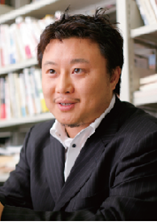
SEKIYA Naoya
Associate Professor, Center for Integrated Disaster Information Research, Interfaculty Initiative in Information Studies, the University of Tokyo.
Naoya Sekiya is Associate Professor at the Center for Integrated Disaster Information Research, Interfaculty Initiative in Information Studies, the University of Tokyo. His research focuses on psychological and social aspects of natural and nuclear disaster, such as evacuation behavior and reputational damage. He has served numerous governmental committees on disaster response, including the Investigation Committee on the Accident at the Fukushima Nuclear Power Stations of Tokyo Electric Power Company, founded by the Japanese government. He has written a number of books, including Fuhyo higai: Sono mekanizumu wo kangaeru (Reputational Damage: Analyzing its Mechanisms) and Saigai no shakaishinri (Social Psychology of Disaster). He holds B.A. from Keio University and M.A. from the University of Tokyo. He was elected as the University of Tokyo Excellent Young Researcher in 2018.
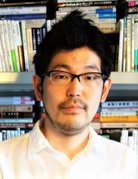
KAINUMA Hiroshi
Associate Professor, The Kinugasa Research Organization, Ritsumeikan University
Born in Fukushima in 1984, KAINUMA Hiroshi obtained B.A. at Faculty of Letters, the University of Tokyo and M.A. at the Graduate School of Interdisciplinary Information Studies, the University of Tokyo. He has written numerous books and articles in sociology, with special interests of Fukushima after the 2011 nuclear accident. His publication includes: Hajimete no Fukushima-gaku (First Guide to Fukushima Studies); Hyohaku-sareru shakai (A society being bleached); Fukushima no seigi ‘Nihon no kawaranasa’ tono tatakai (Fukushima’s justice – the struggle against ‘a never-changing Japan’); Fukushima-ron: Genshiryoku mura wa naze umaretanoka (Theory of ‘Fukushima’: Why nuclear power village was created?); Fukushima daiichi genpatsu hairo zukan (Encyclopedia of the “1F”; A Guide to the Decommissioning of the Fukushima Daiichi Nuclear Power Station); and many others. His works deserved several awards, such as the Humanities and Social Section, 65th Mainichi Publishing Culture Award; Special Award, the 32nd Energy Forum Award; Special Award, the 6th Award of the Association of Regional and Community Studies; and the Award of Excellence, 36th Energy Forum Award.
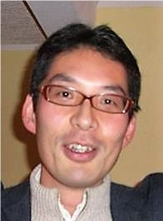
KOBAYASHI Yuki
Research Fellow, International Peace and Security Department, Sasakawa Peace Foundation
Yuki Kobayashi is Research Fellow at the International Peace and Security Department within the Sasakawa Peace Foundation (SPF). In France, he researched issues related to the Fukushima accident, including conducting field research in Japan, interviewing Japanese political and industrial leaders, and organizing seminars on nuclear safety. At Ecole des Mines Paris, he wrote his doctoral dissertation on the relationship between technical and political leaders during the response to/management of Fukushima. His areas of expertise include global and regional energy security, Japanese economic and energy policy, and international nuclear safety practices and norms.
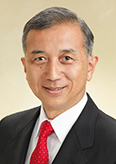
ISOBE Koichi
Senior Fellow, Asia Pacific Initiative
Lieutenant General (Ret.) ISOBE Koichi is a senior fellow at Asia Pacific Initiative. He served as a senior fellow at Harvard University Asia Center from July 2017 to June 2019. LTG Isobe retired from active duty in August 2015 after a thirty-five-year career in the Japan Self-Defense Force, having served in his last two years as Commanding General of the Eastern Army. Prior to this final appointment, he held several other senior positions in Japan’s defense institutions, such as Director, J-5, Joint Staff, Commanding General of 7th Armored Division, as well as Vice Chief of Staff, Joint Staff. He graduated from the National Defense Academy in 1980. He obtains a Master of Arts in Military Studies from the Marine Corps University in 1996, and a Master of Science in National Resource Strategy from the National Defense University in 2003. He is the author of “Tomodachi-sakusen no Saizensen: Fukushima-Gempatsujiko ni miru Nichibei-doumei Renkei no Kyoukun (Operation Tomodachi: Process and Recommendations – The U.S.-Japan Alliance after Fukushima Nuclear Accident-,” which was awarded the INOKI Masamichi Special Prize in November 2019.
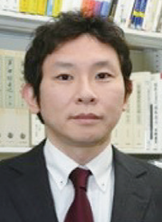
CHIJIWA Yasuaki
Senior Fellow, National Institute for Defense Studies, Ministry of Defense
CHIJIWA Yasuaki studied international politics at Hiroshima University (B.A.) and Osaka University (M.A. and Ph.D.). He was a visiting research associate at George Washington University, COE research fellow and JSPS research fellow (PD) at Kyoto University, assistant councilor at Cabinet Secretariat (National Security and Crisis Management), and visiting scholar at Columbia University. His research interests include Japan-US relations, Japan’s foreign and security policy. His publications in English include “Insights into Japan-U.S. Relations on the Eve of the Iraq War: Dilemmas over ‘Showing the Flag’,” Asian Survey Vol. 45 No. 6 (November-December 2005) and “Unfinished ‘Beyond-the-Threat Theory’: Japan’s ‘Basic Defense Force Concept’ Revisited,” NIDS Journal of Defense and Security Vol. 17 (December 2016). He won several awards such as the 6th Young Author Best Paper Award of Japan Association for International Security.

FUNABASHI Yoichi
Co-founder and Chairman, Asia Pacific Initiative
FUNABASHI Yoichi is an award-winning Japanese journalist, columnist and author. He has written extensively on foreign affairs, the US-Japan Alliance, geopolitics, geoeconomics and historical issues in the Asia Pacific.
He has a distinguished career as a journalist. He served as correspondent for the Asahi Shimbun in Beijing (1980-81) and Washington (1984-87), and as US General Bureau Chief (1993-97). In 2016 he became the first Japanese laureate of Stanford University’s prestigious Shorenstein Journalism Award. In 2013 he won the Oya Soichi Nonfiction Award for his book Countdown to Meltdown, on the Fukushima Daiichi Nuclear Accident. He won the Japan Press Award, known as Japan’s “Pulitzer Prize,” in 1994 for his columns on international affairs. His articles in Foreign Affairs and Foreign Policy won the Ishibashi Tanzan Prize in 1992, and in 1985 he received the Vaughn-Ueda Prize for his reporting on international affairs.
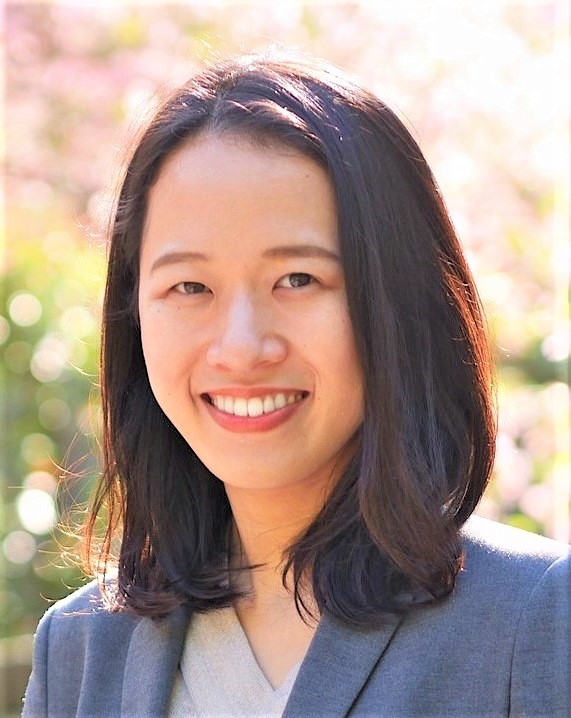
SHIBATA Narumi
Research Associate, Asia Pacific Initiative
SHIBATA Narumi is a research associate at API. She has career experience working in the social sector and overseas Japanese embassy(Israel) as well as in the technology industry.
She holds a BA in International Politics, Economics and Communication from Aoyama Gakuin University, Japan and MA in Political Science from Stockholm University, Sweden.
Name of the institutions to which experts and practitioners belong who the Commision interviewed (N.B. Current and Former members of those institutions included)
U.S. Nuclear Regulation Commission
Investigation Committee on the Accident at the Fukushima Nuclear Power Stations of Tokyo Electric Power Company
The National Diet of Japan Fukushima Nuclear Accident Independent Investigation Commission
Nuclear Regulation Authority
Tokyo Electric Power Company
Nuclear Damage Compensation and Decommissioning Facilitation Corporation
House of Representatives of Japan
The Reconstruction Agency
Nuclear Risk Research Center
Ministry of Economy, Trade, and Industry
Atomic Energy Commission
Liberal Democratic Party of Japan
Committee for Reforming TEPCO and Overcoming 1F Challenges
Tokyo Denki University
Institute of Scientific Approaches for Fire & Disaster
Cabinet Secretariat of Japan
(Former) Nuclear and Industrial Safety Agency
Fukushima Prefectural Police Department
Minister of State for the Nuclear Emergency Preparedness
Mihama Nuclear Emergency Assistance Center
Fire and Disaster Management Agency
National Police Agency
Japan Coast Guard
Ministry of the Environment
Japan Ground Self-Defense Force
Japan Fisheries Research and Education
National Institute of Public Health of Japan
The Radiation Effects Research Foundation, etc.
Past Related Projects (ordered from newest)
The Evacuation of Hospitals in the Fukushima Sheltering Zone
In order to assess the challenges of and to draw lessons from the Fukushima nuclear accident before memories fade with the passage of time, this project investigated the medical system and evacuation of hospitals during the crisis. The project conducted interviews surveying six hospitals, pharmacies, elder facilities, and administrative agencies, all located within the sheltering zone, a 20-30km area from TEPCO’s Fukushima Daiichi Nuclear Power Station. This area was where people were forced to discern the risks of both radiation exposure and evacuating for crisis response at the time of the accident. During the one-year field investigation, the project members conducted detailed interviews with hospital directors and staff, as well as those who worked for local governmental agencies about what kinds of challenges hospitals faced at the time, how they tried to overcome them, and what lessons they learned.
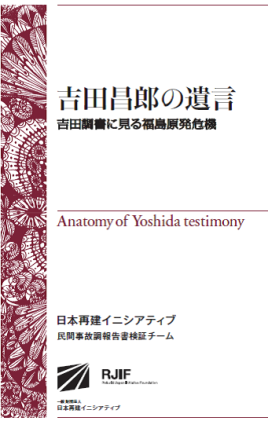
The Fukushima Nuclear Crisis as seen through the Yoshida Hearings
Now that several years have passed since the Great East Japan Earthquake and the nuclear accident at TEPCO’s Fukushima Daiichi Nuclear Power Station, how much has Japan learned from Fukushima? Taking the opportunity from the release of the hearings from the late Mr. Masao Yoshida, which provided new information, interested former working group members of the Independent Investigation Commission on the Fukushima Nuclear Accident that released the report in February 2012 looked back at these four years.
The Independent Investigation Commission on the Fukushima Nuclear Accident
The Independent Investigation Commission on the Fukushima Nuclear Accident has delve into the causes of the nuclear accident at TEPCO’s Fukushima Daiichi Nuclear Power Station and the failure to contain its damage from an independent, private-sector perspective. The Commission announced its 420-page Report after six months of thoroughgoing research and analysis on February 28th, 2012.
 APIニュースレター 登録
APIニュースレター 登録